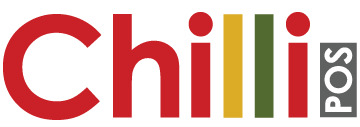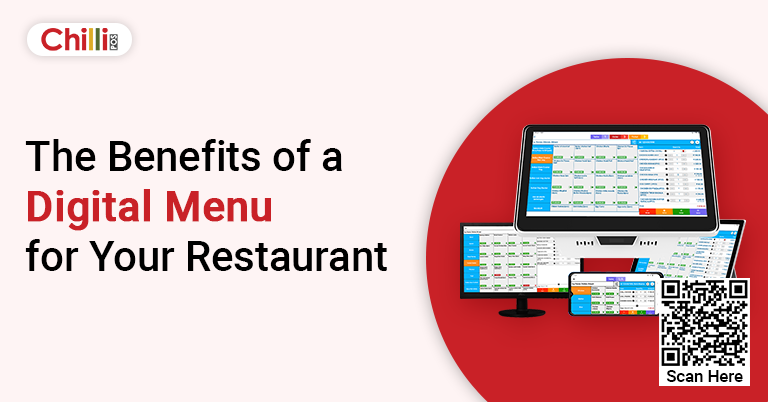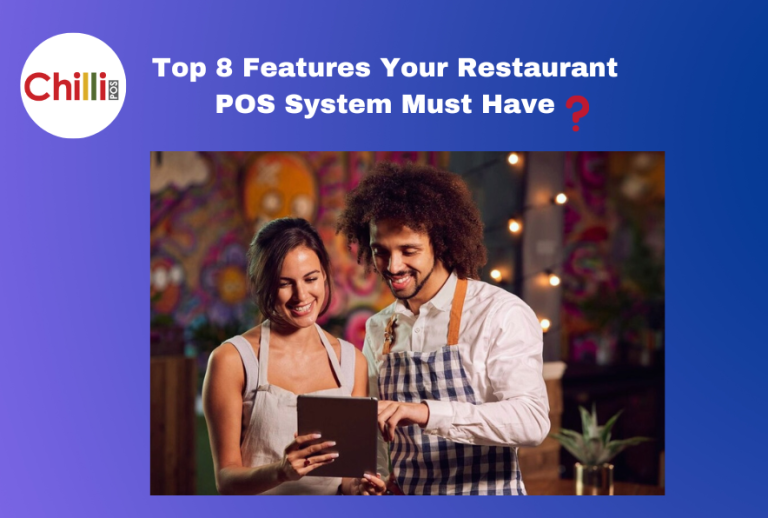Top 5 Benefits of Cloud-Based Reporting for Restaurant Operations
The restaurant industry is fast-paced and competitive, requiring owners and managers to make informed decisions quickly. To stay ahead, many restaurants are turning to cloud-based reporting systems to streamline their operations. In this article, we’ll explore the top five benefits of using cloud-based reporting for restaurant operations, highlighting how it can enhance efficiency, profitability, and customer satisfaction.
1. Real-Time Access to Data:
Traditional reporting methods often involve manual data entry and consolidation, leading to delays in accessing critical information. Cloud-based reporting systems provide real-time access to essential data, such as sales figures, inventory levels, and customer feedback. Managers can monitor performance from anywhere, enabling them to make informed decisions promptly. Whether it’s tracking sales during a busy dinner rush or monitoring inventory levels remotely, real-time data access is invaluable in the restaurant industry.
2. Enhanced Data Accuracy:
Manual data entry is prone to errors, which can result in financial discrepancies, inventory issues, and poor decision-making. Cloud-based reporting automates data collection and minimizes the risk of human error. This accuracy ensures that the information used for decision-making is reliable, leading to better financial management and improved operational efficiency.
3. Cost Savings:
Implementing a cloud-based reporting system can lead to significant cost savings for restaurants. With traditional reporting methods, there are expenses associated with paper, printing, and storage. Additionally, the time spent manually compiling and analyzing data can be labor-intensive and costly. Cloud-based reporting reduces these expenses by automating data management and analysis, allowing staff to focus on more valuable tasks.
4. Scalability and Flexibility:
Restaurant operations can fluctuate significantly, particularly during seasonal peaks or special events. Cloud-based reporting systems offer scalability and flexibility, allowing restaurants to adjust their reporting needs as required. Whether you’re opening new locations, introducing new menu items, or expanding your customer base, cloud reporting can adapt to your changing business needs without the need for extensive IT investments.
5. Data Security and Backup:
Data security is a top priority for restaurant operators, especially when handling sensitive customer information and financial data. Cloud-based reporting systems typically include robust security measures, including encryption, access controls, and regular security updates. Additionally, these systems often have built-in backup and recovery mechanisms, ensuring that data is protected in case of hardware failure or unforeseen events.
Conclusion
In the competitive world of restaurant operations, the ability to access real-time data, ensure data accuracy, and control costs is essential for success. Cloud-based reporting systems offer these benefits and more, empowering restaurant owners and managers to make informed decisions, streamline operations, and provide exceptional customer experiences. By harnessing the power of cloud technology, restaurants can gain a competitive edge in an industry where efficiency and agility are key to long-term success.







